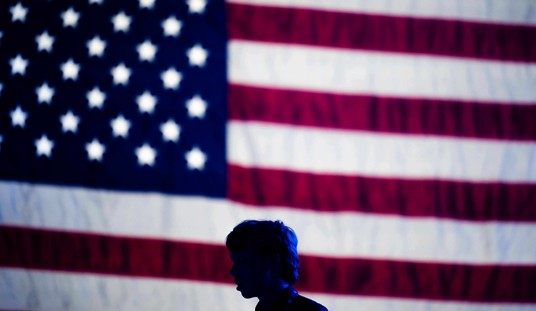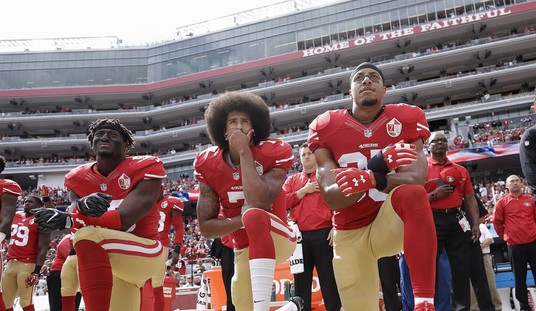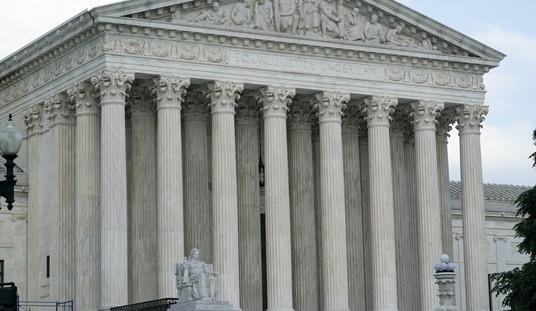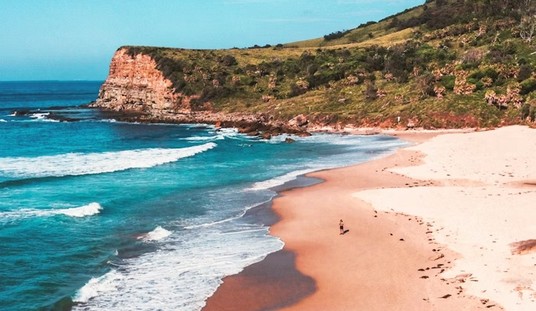President Trump’s 2018 budget blueprint was released this morning, and the freak-outs, outrage, and depiction of Republicans as heartless killers of children, old people, and dreams started almost immediately.
News stories immediately popped up decrying the proposed elimination of the Corporation for Public Broadcasting, which funds PBS and NPR – using the image of ever-lovable Big Bird as their tug-at-the-heartstrings move.
Can Big Bird survive Trump? https://t.co/cVweTi75F2 pic.twitter.com/ID2yNJV7c8
— POLITICO (@politico) March 16, 2017
Trump's budget proposal won't kill Big Bird, but may restrict how many people get to watch him https://t.co/WVNy2pbvuE pic.twitter.com/6pVrB8gkIR
— Forbes (@Forbes) March 16, 2017
The Atlantic came right out and claimed that Sesame Street would be eliminated:
“There’s a lot of programs that simply cannot justify their existence and that’s where we zeroed in,” Mulvaney said. One of those programs, apparently, is Sesame Street: Mulvaney confirmed that the administration will seek to eliminate the federal government’s involvement with the Corporation for Public Broadcasting, which directs funds to public radio and TV stations.
But, as a few reporters have now pointed out (after being Tweeted at all day), Big Bird isn’t a part of this debate anymore, unless you’re thinking about reruns, For the past few years, Sesame Street’s new episodes are on HBO, and PBS can air them nine months after the first air date. In return for those rights, PBS pays HBO approximately $4 million a year in licensing fees.
Patricia Harrison, president and CEO of CPB released a statement:
“There is no viable substitute for federal funding that ensures Americans have universal access to public media’s educational and informational programming and services. The elimination of federal funding to CPB would initially devastate and ultimately destroy public media’s role in early childhood education, public safety, connecting citizens to our history, and promoting civil discussions for Americans in rural and urban communities alike.”
Well, that’s a lot of hullabaloo, with one big wonderful truth mixed in.
Ms. Harrison’s assertion that the elimination of public funding would ultimately destroy public media’s role in all of the areas she noted is true. Without public funding, there is no public media – and that is not a bad thing. Harrison and her cronies would have you believe that public funding imputes some type of specialness and independence to the resulting programming, and it does not. Public funding is simply a way for liberals to have the government pay for their messaging to reach the masses.
But the thought that there would be no quality educational programming or documentaries without CPB is pish-posh.
First, as illustrated by the Sesame Street/HBO deal, if a show is successful, the private market will invest in it. There are other PBS kids shows which are educational and popular; it’s hard to believe these brands wouldn’t be scooped up by commercial channels if CPB no longer existed.
Secondly, quality educational programming, documentaries etc., already exist in the private sector. CPB supporters would argue that they’re not free, which is true. But I’ve worked with a lot of extremely poor families in the rural South, and I never met one that did not have access to the History Channel (or whatever it’s called now) or the Disney Channel.
Not all of the programming on either of those channels, which I am just using as examples, is highly educational, but it is there. For example, my youngest watched Disney’s show Little Einsteins incessantly up until about age five, and that instilled in him a love of classical music and at least an introductory knowledge of musical terminology.
If you’ve been worried that Trump is going to take Big Bird out, you can breathe a sigh of relief. He (is it a he?) will survive any budget cuts. But that Caillou? Eh, he might have to go back to Canada.














Join the conversation as a VIP Member